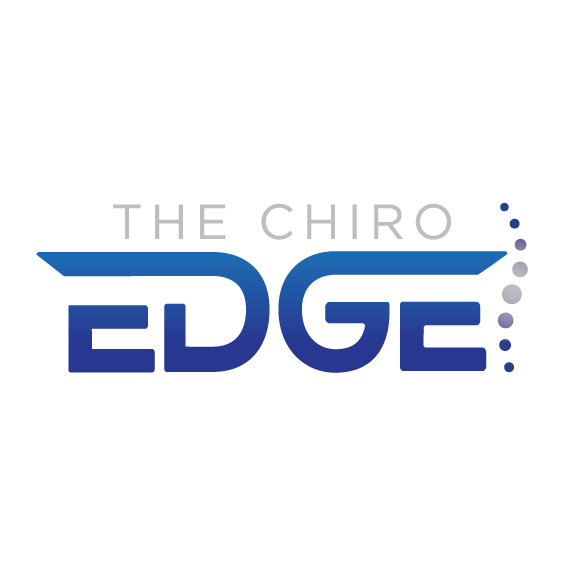Applied Kinesiology
Muscle testing is used to identify underlying health issues and where the body is subluxated, providing important clues that indicate when the body is in a state of malfunction, out of alignment, or being energetically challenged.
While muscle testing doesn’t specifically diagnose anything, it does help locate where the body is struggling to function. Once that function is restored, the body will naturally take care of itself.
Muscles serve as a reliable way to check for nerve and energy pathways compromised by nutritional deficiencies or sensitivities. While the Food and Nutrition Board set recommended daily allowances of vitamins for a healthy person, a distant research council can’t know the individual dietary needs of any person.
Each person’s nutritional needs are influenced by the supplement sourcing, their lifestyle choices, age, sex, weight, the amount they exercise, blood type, personality type, and well as their genetics, and heredity. In addition, the quality of the water they drink and the food they eat, the amount and type of sleep they get, and their living and working environment all impact their nutritional needs.
These influences can’t be captured by an RDA, but the impact on their dietary needs can be assessed with muscle testing using AK.


